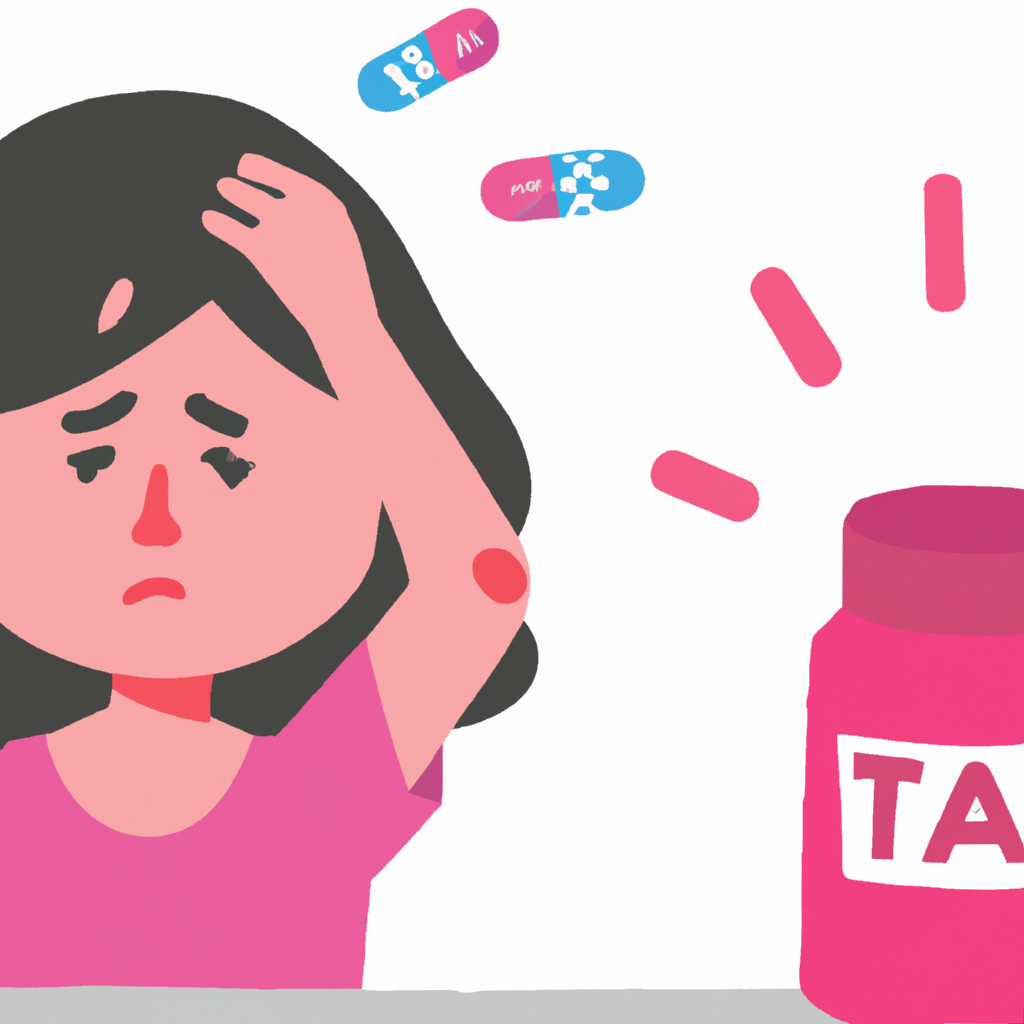Dopamine is a neurotransmitter that is responsible for a variety of functions in the brain, including attention, movement, and motivation. It plays a crucial role in our ability to experience pleasure and reward, but can also have negative effects when there is too much of it in the brain.
In this article, we’ll explore the role of excess dopamine in various conditions, including schizophrenia and Parkinson’s disease. We’ll also discuss the causes, side effects, prevention, and recovery related to excess dopamine.

Schizophrenia and Excess Dopamine
One of the most well-known conditions related to dopamine is schizophrenia. While the exact cause of schizophrenia is unknown, research suggests that too much dopamine in the brain may contribute to the development of the disorder.
Schizophrenia is a mental disorder that affects how a person thinks, feels, and behaves. It can cause hallucinations, delusions, disorganized thinking, and difficulty with social interactions.
In the brain, dopamine is involved in the regulation of a variety of functions, including the reward system. When there is an excess of dopamine, it can lead to an overstimulation of the reward system, causing some of the symptoms associated with schizophrenia.
Some studies have found that antipsychotic medications, which are commonly used to treat schizophrenia, work by reducing the amount of dopamine in the brain. By doing so, the medications can help to relieve some of the symptoms associated with the disorder.
Parkinson’s Disease and Excess Dopamine
On the other end of the spectrum, Parkinson’s disease is a condition that is characterized by a lack of dopamine in the brain. Parkinson’s disease is a neurodegenerative disorder that affects movement and can cause tremors, stiffness, and difficulty with balance.
In the brain, dopamine is involved in the regulation of movement and muscle control. When there is a lack of dopamine in the brain, it can lead to the movement-related symptoms associated with Parkinson’s disease.
While Parkinson’s disease is not caused by excess dopamine, it provides an example of how important dopamine is in the brain and how imbalances of the neurotransmitter can lead to various conditions.

Causes of Excess Dopamine
There are several potential causes of excess dopamine in the brain. Some of the most common causes include:
- Genetics: Some people may be predisposed to having higher levels of dopamine in the brain due to genetic factors.
- Drug use: Certain drugs, such as cocaine and amphetamines, can increase dopamine levels in the brain.
- Mental health disorders: As mentioned earlier, conditions such as schizophrenia may be related to an excess of dopamine in the brain.
- Tumors: Rarely, tumors in the brain can cause an overproduction of dopamine.
Side-effects of Excess Dopamine
When there is an excess of dopamine in the brain, it can lead to a variety of side-effects. Some of the most common side effects include:
- Anxiety
- Paranoia
- Hallucinations
- Delusions
- Impulsivity
- Irritability
- Mania
- Rapid heart rate
- High blood pressure
These side effects can be serious and can negatively impact a person’s quality of life.
Prevention of Excess Dopamine
Preventing excess dopamine in the brain can be challenging, as some of the causes are genetic or related to underlying medical conditions. However, there are a few things that can be done to reduce the risk of excess dopamine, including:
- Avoiding drug use: Certain drugs can increase dopamine levels in the brain, so avoiding them can help to prevent excess dopamine.
- Staying physically active: Exercise has been shown to help regulate dopamine levels in the brain, so staying physically active may help to prevent excess dopamine.
- Managing stress: Stress can contribute to the overproduction of dopamine in the brain, so finding healthy ways to manage stress may help to prevent excess dopamine.
Recovery from Excess Dopamine
Recovering from excess dopamine in the brain will depend on the underlying cause of the imbalance. If the cause is related to drug use, for example, avoiding drugs and seeking addiction treatment may help to balance dopamine levels over time.
For conditions such as schizophrenia or Parkinson’s disease, medications may be necessary to help regulate dopamine levels. Additionally, therapy and other supportive measures may be recommended to help manage symptoms and improve overall quality of life.
Conclusion
Excess dopamine in the brain can have serious consequences, including the development of mental health disorders and movement-related conditions. While it can be challenging to prevent excess dopamine, there are certain steps that can be taken to reduce the risk. Seeking treatment and support for imbalances is crucial for recovery and improved quality of life.
